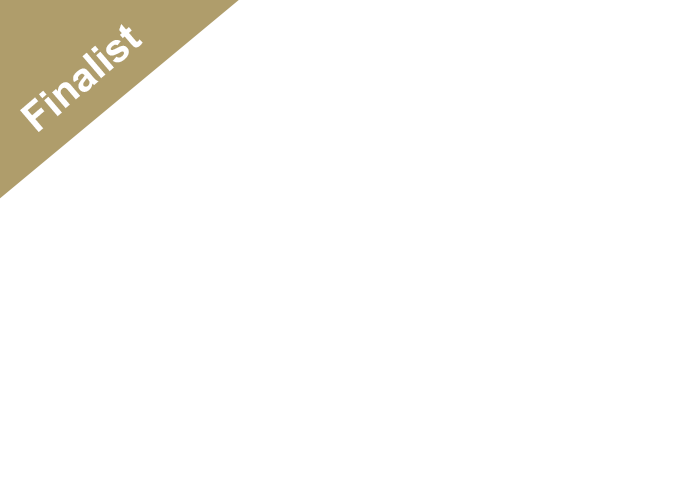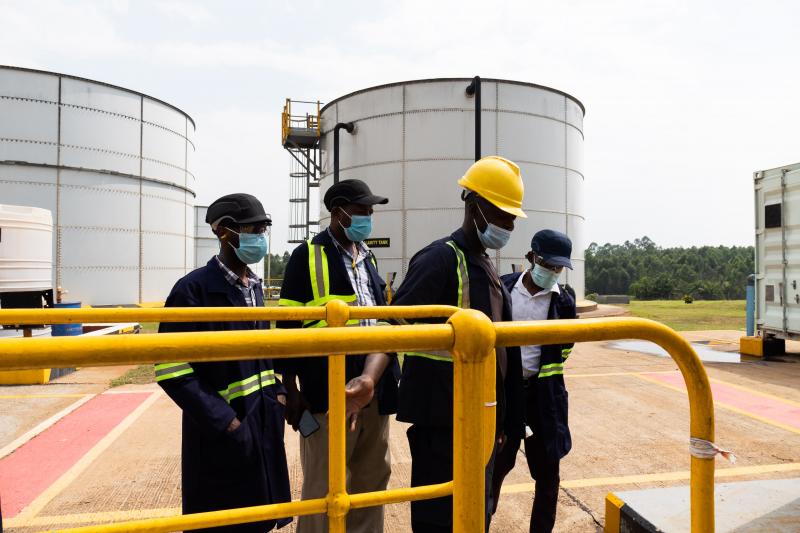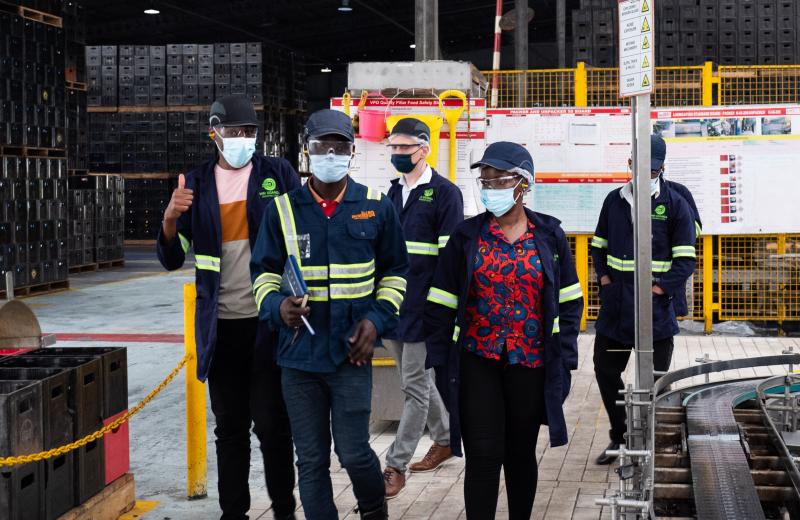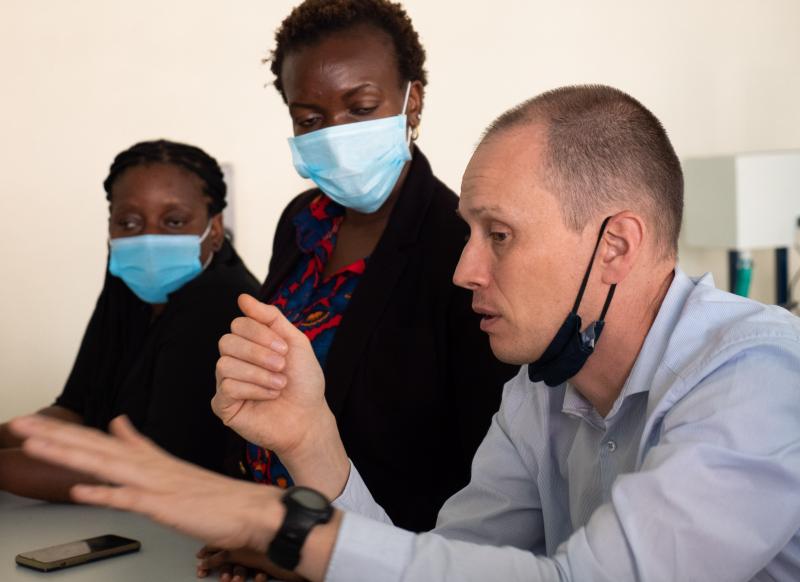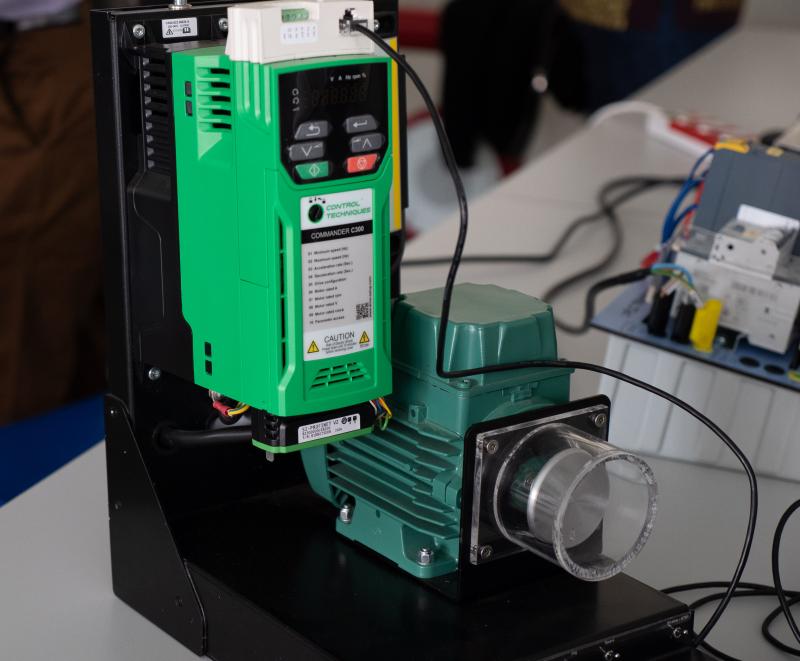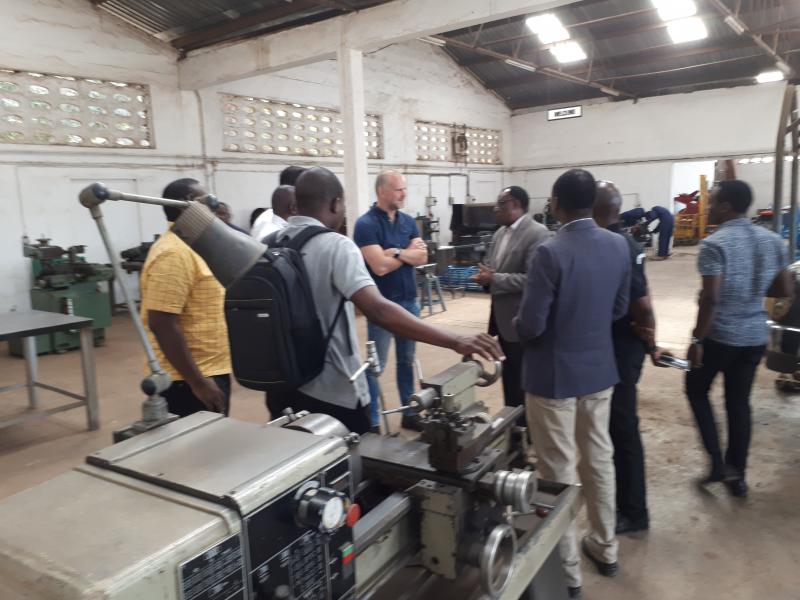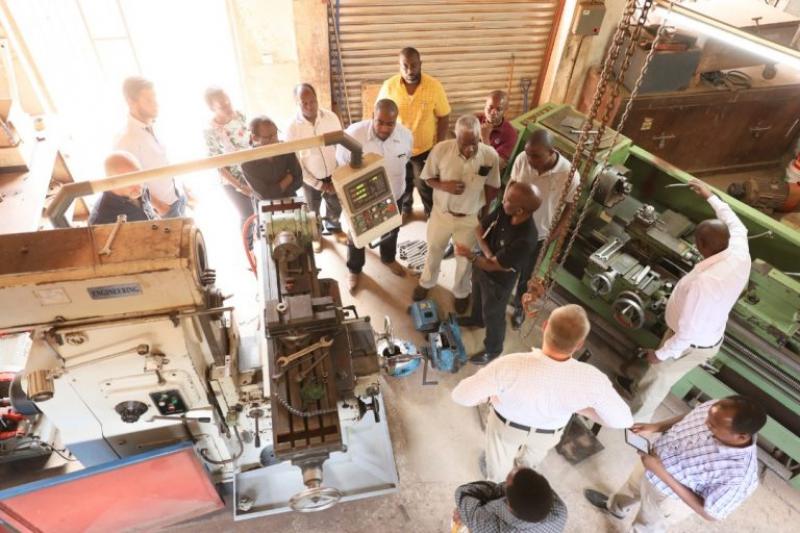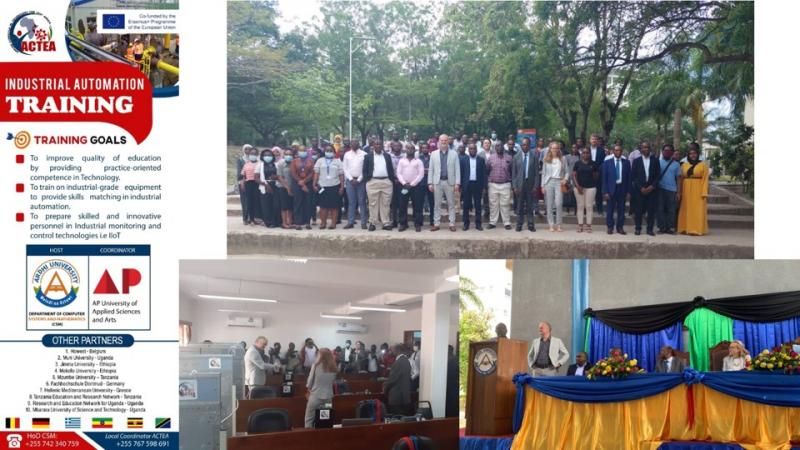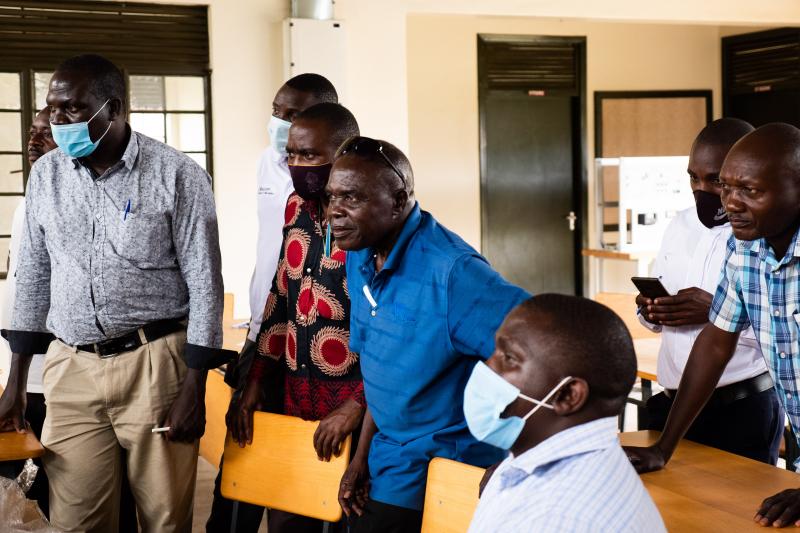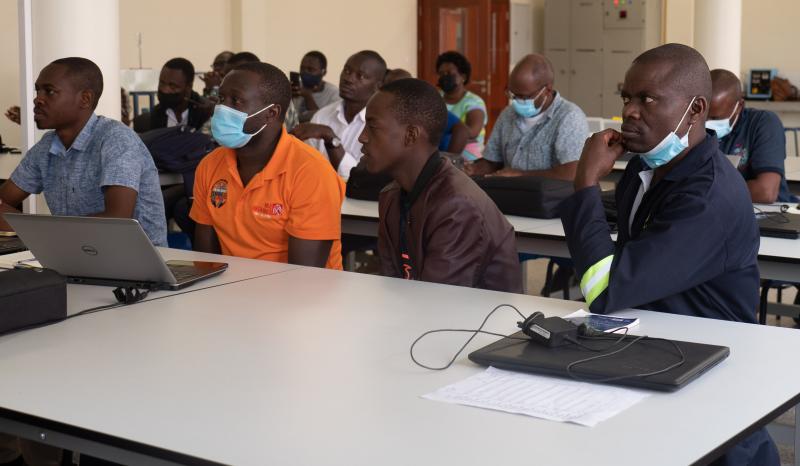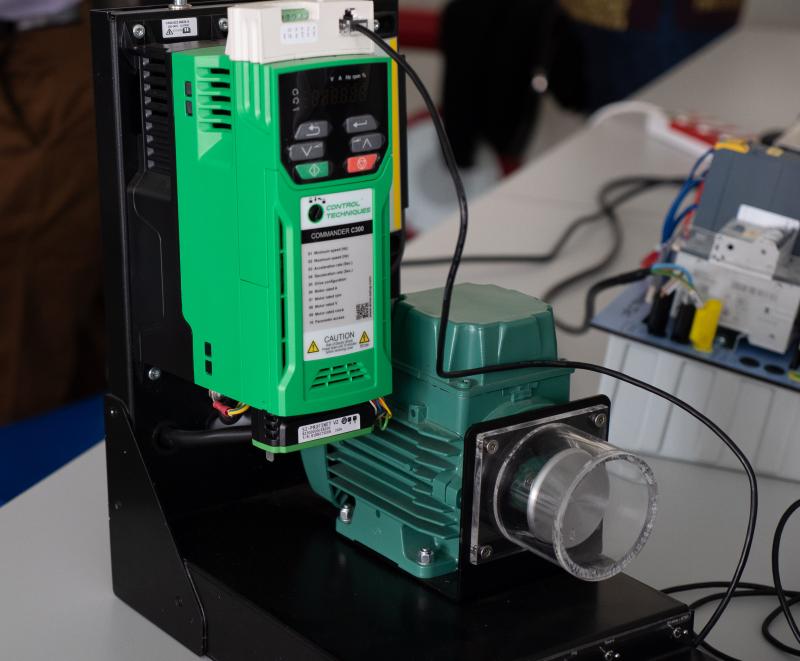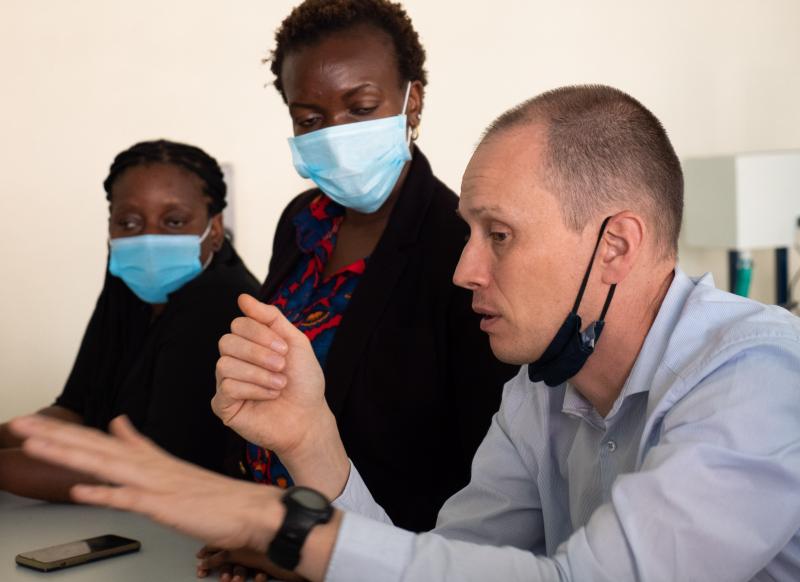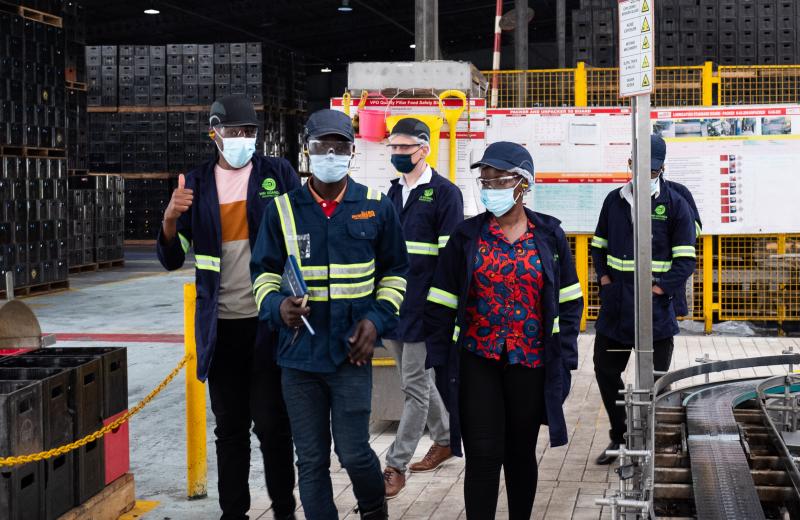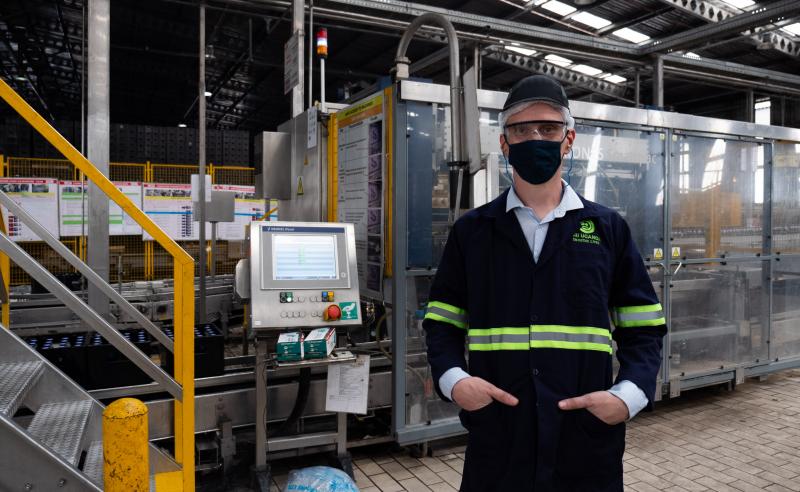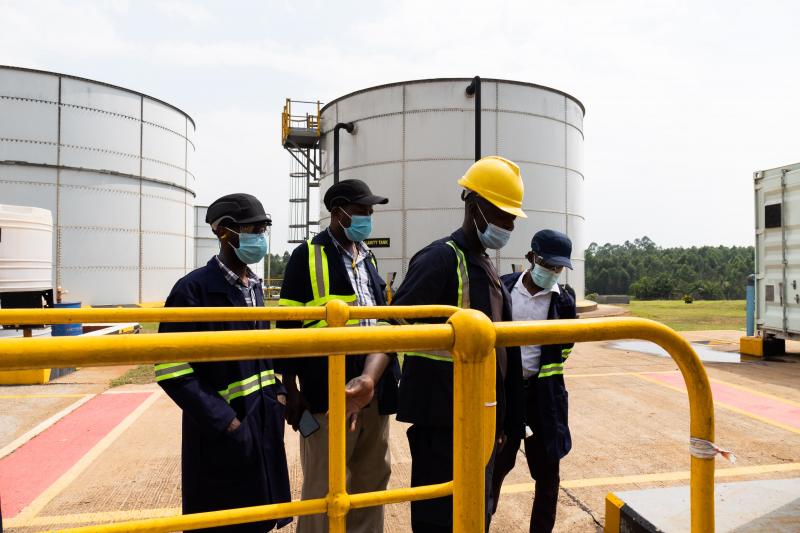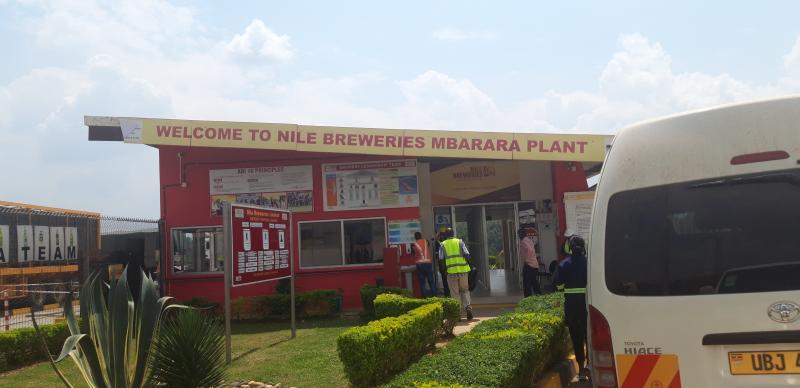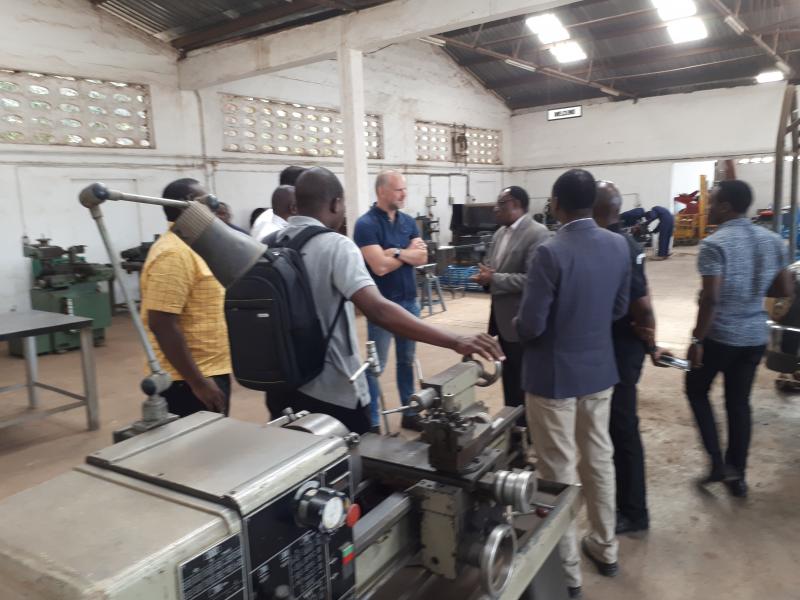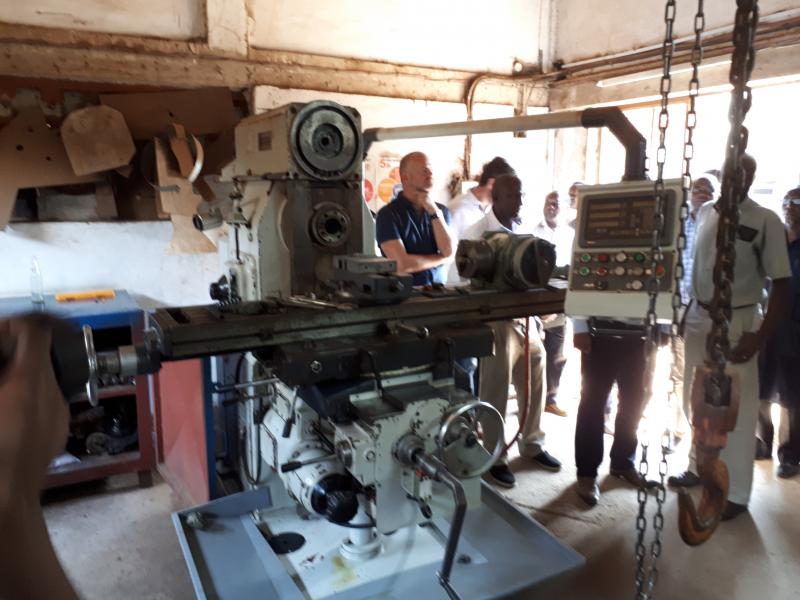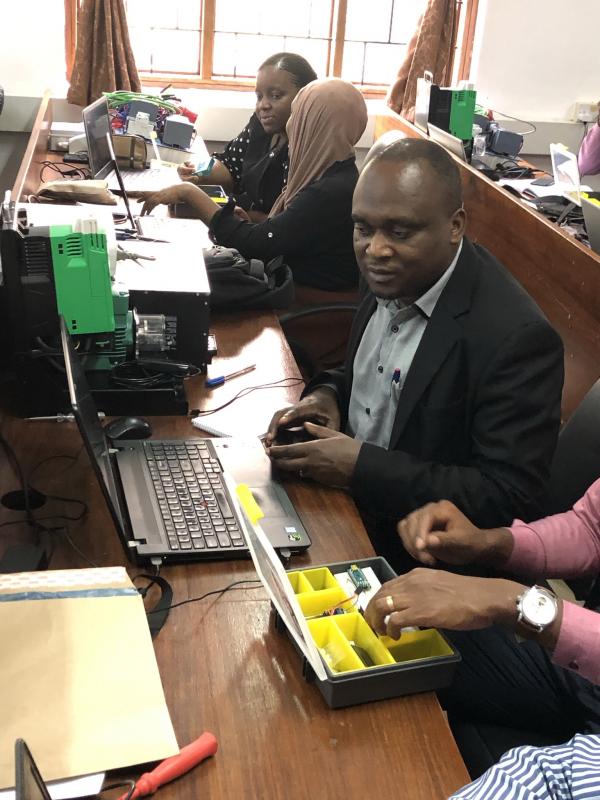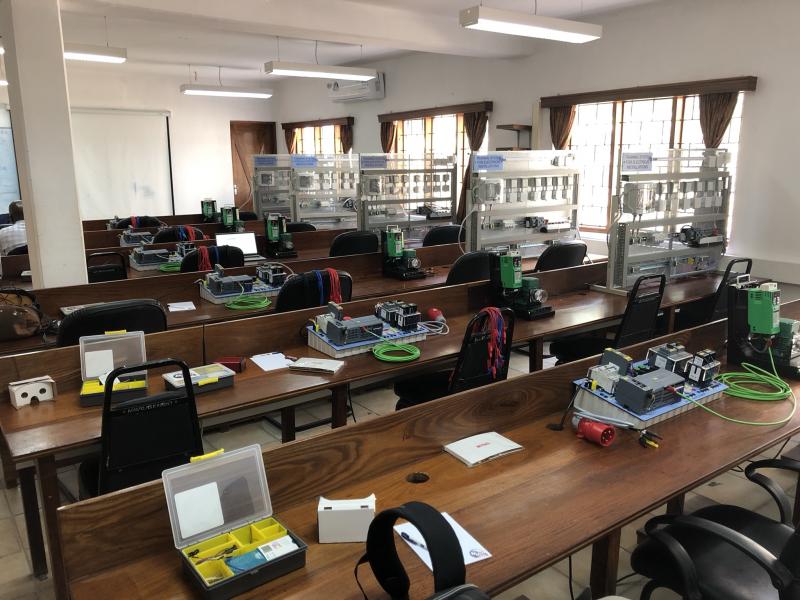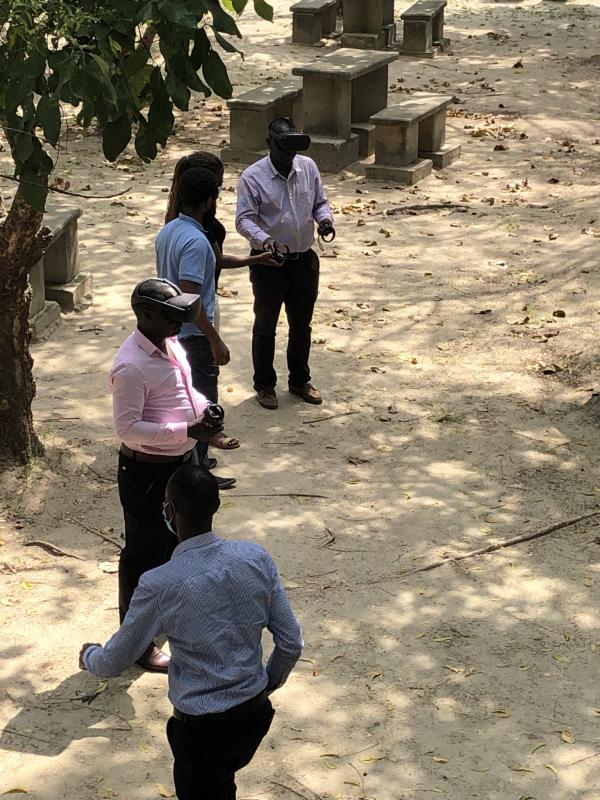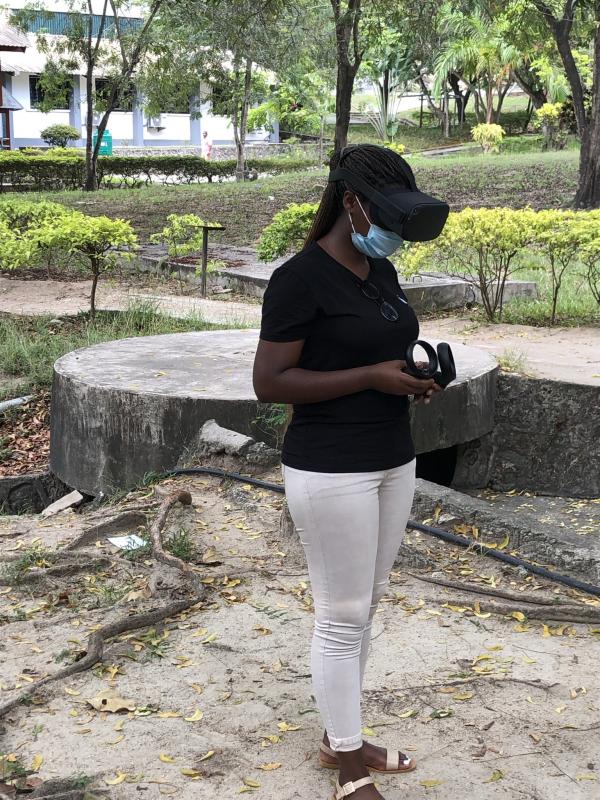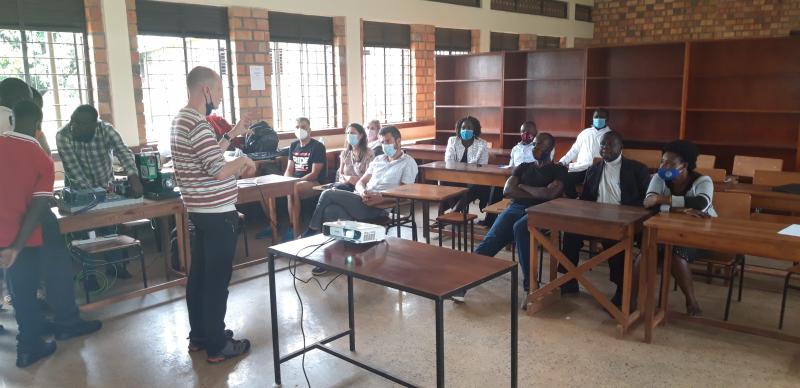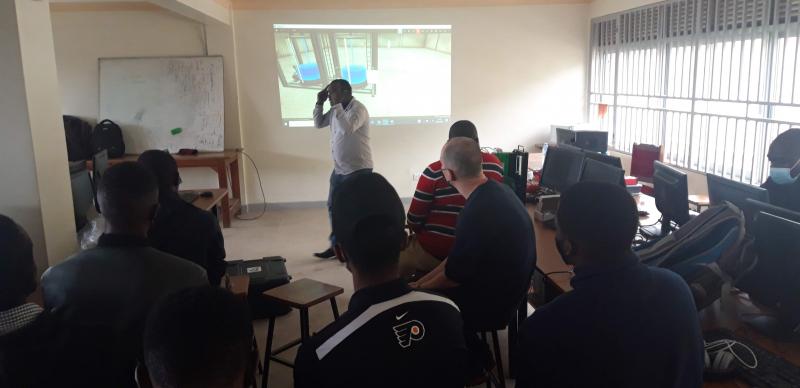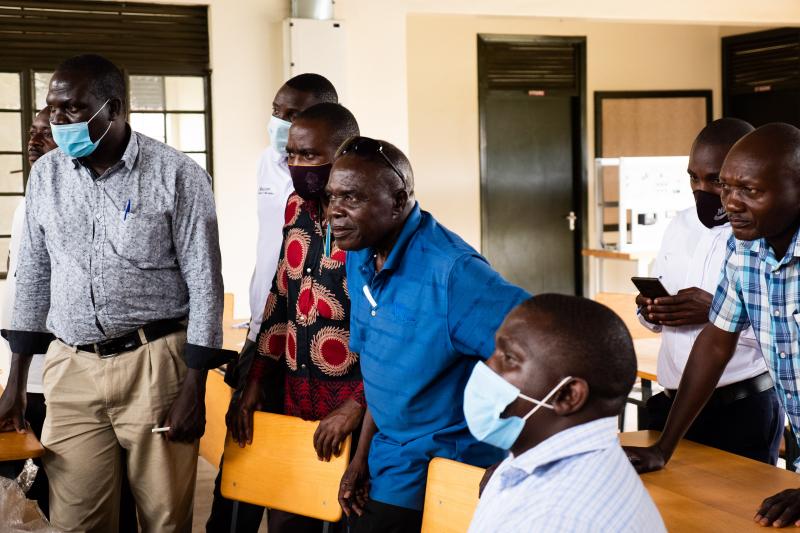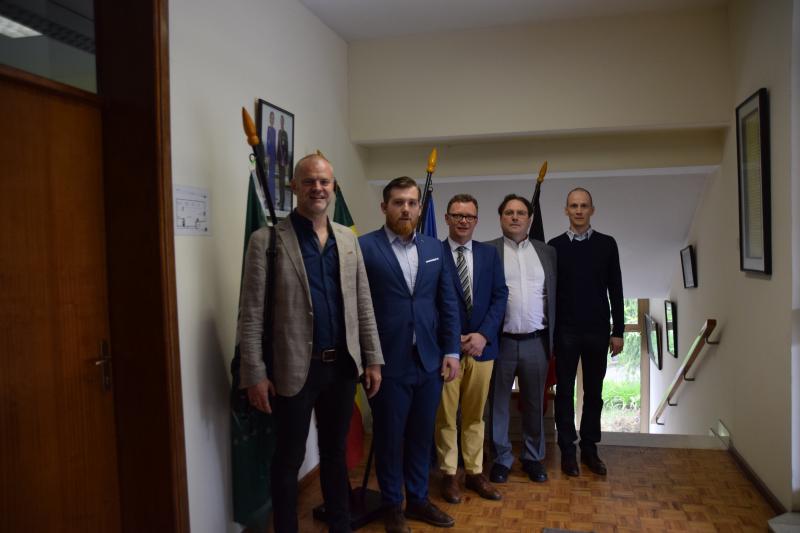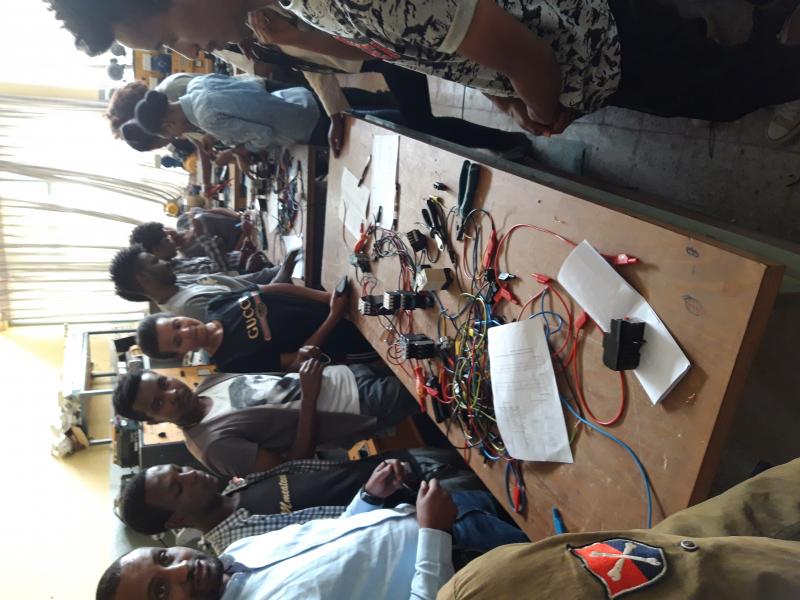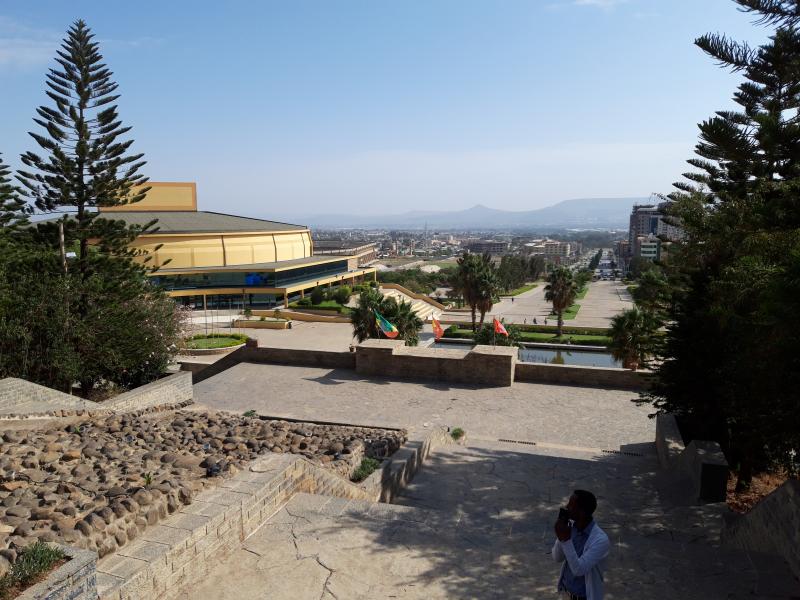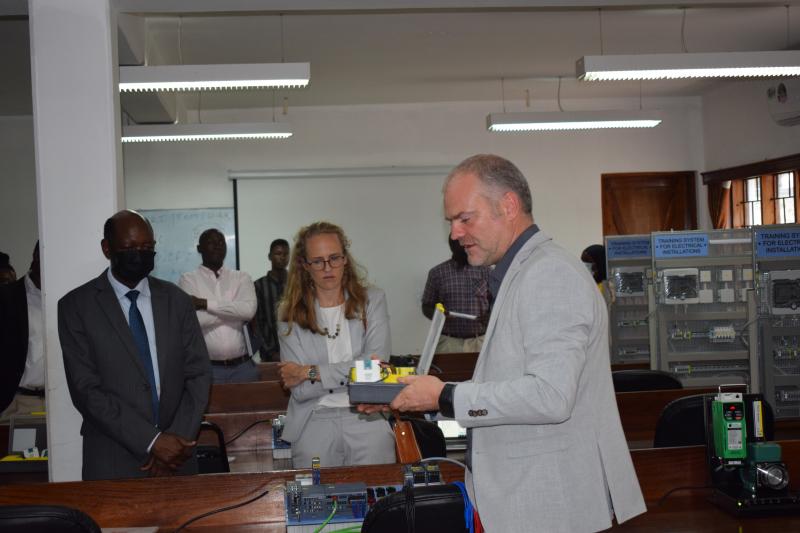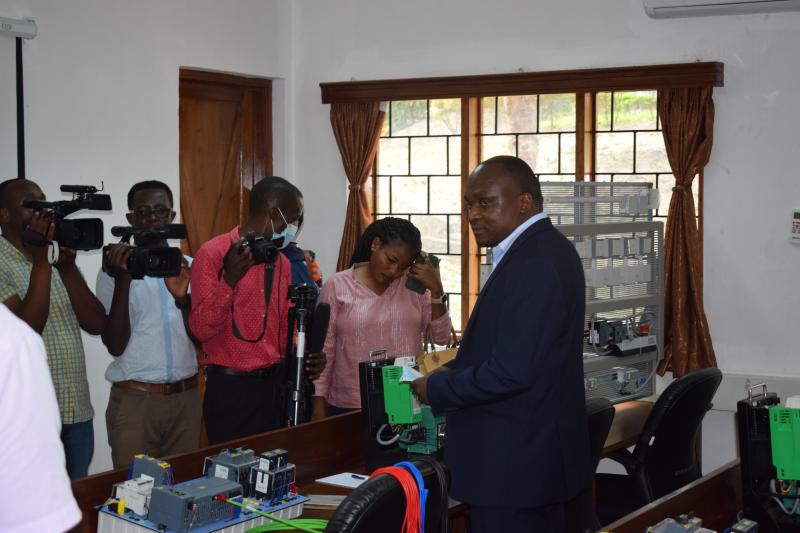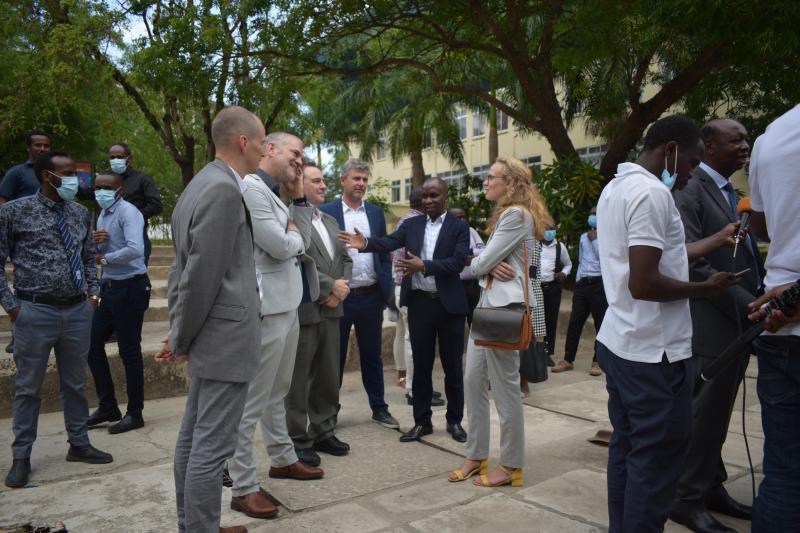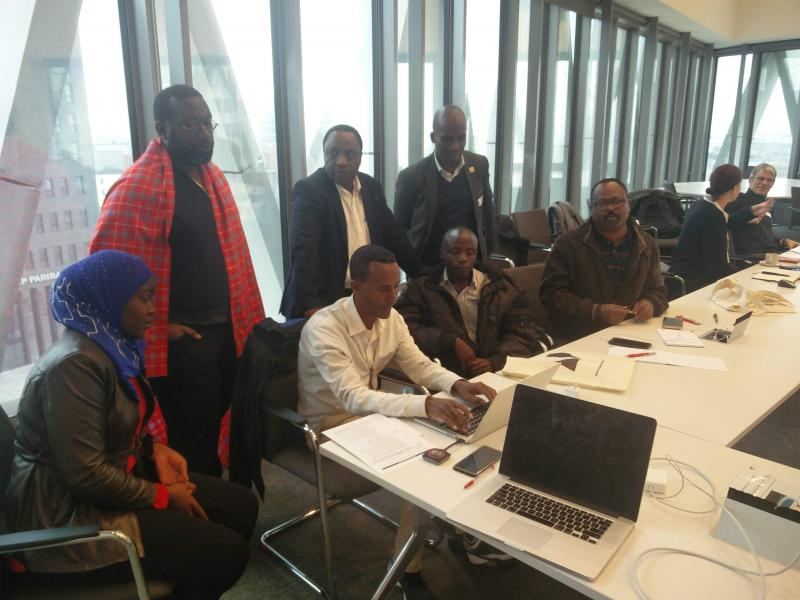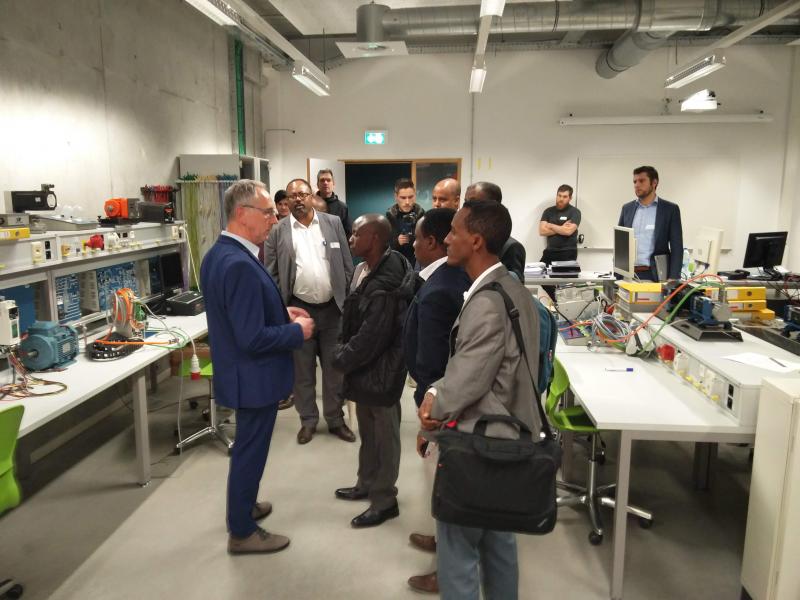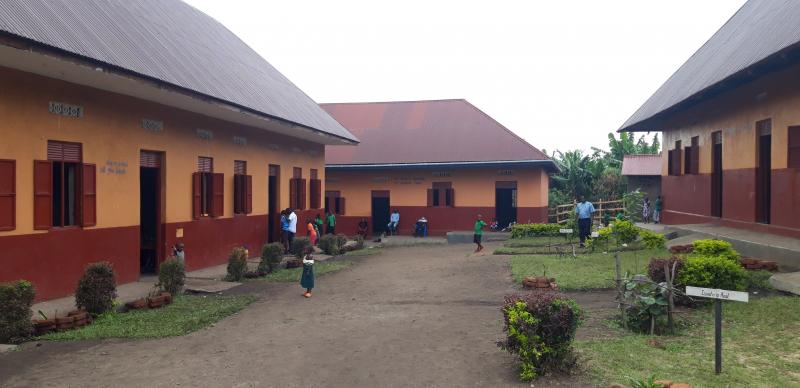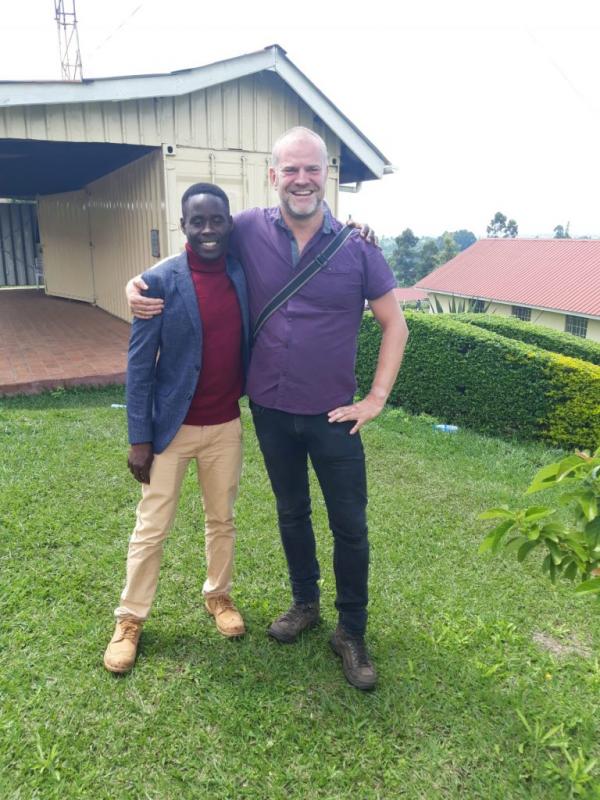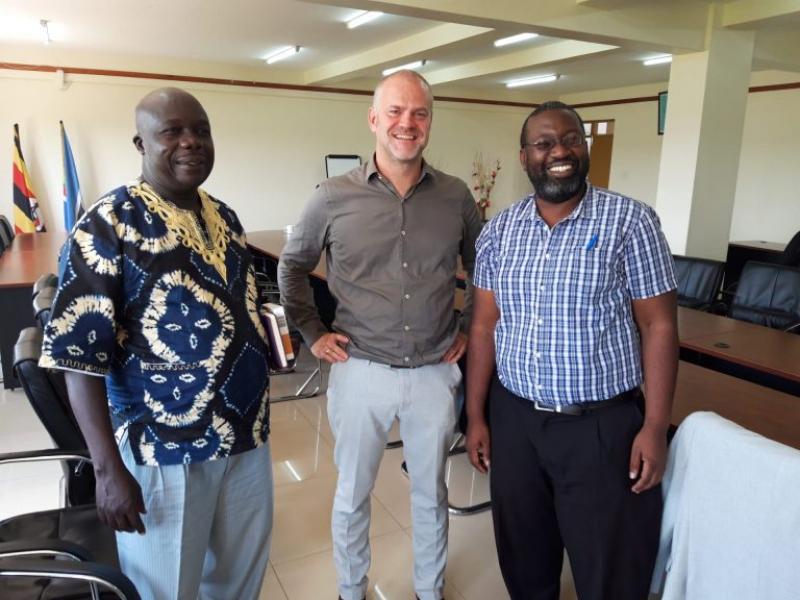From the conception phase in East Africa, it became apparent that there was the need to start a practical, competence-based curriculum in technology, if the countries involved would be able to fulfill their industrialization agenda. In the long run, the African continent should evolve from deliverer of raw materials and natural resources to a producer of half-fabricates and end-products, and reap the benefits from the richesses of the continent. At the same time, this transition should be sustainable and green, without making the former mistakes of more matured industrialized countries.
The ACTEA project aims to fulfil the specific needs in engineering, provide better skills matching, deliver course material in 2 specializations, Computer Aided Manufacturing Technology and Electrical Engineering & Automation and establish industrial laboratories, made mobile to access remote locations, establish learning tools, and give academic staff additional training. To increase the outreach to the local industry and community, the Business Integration Bureaus were established, to keep the cooperation relevant and going. The Technology Roadshows were performed for teaching technology in distant locations, for skilling people with lesser opportunities, like refugees or IDPs, in an inclusive approach.
When rewarding this project, you reward the hard work of 12 universities in Africa and the EU, under difficult circumstances. You also reward all others involved for their engagement to make a significant difference in East Africa. And you share the hopes and ambitions that through academic cooperation we can improve the world we live in.

